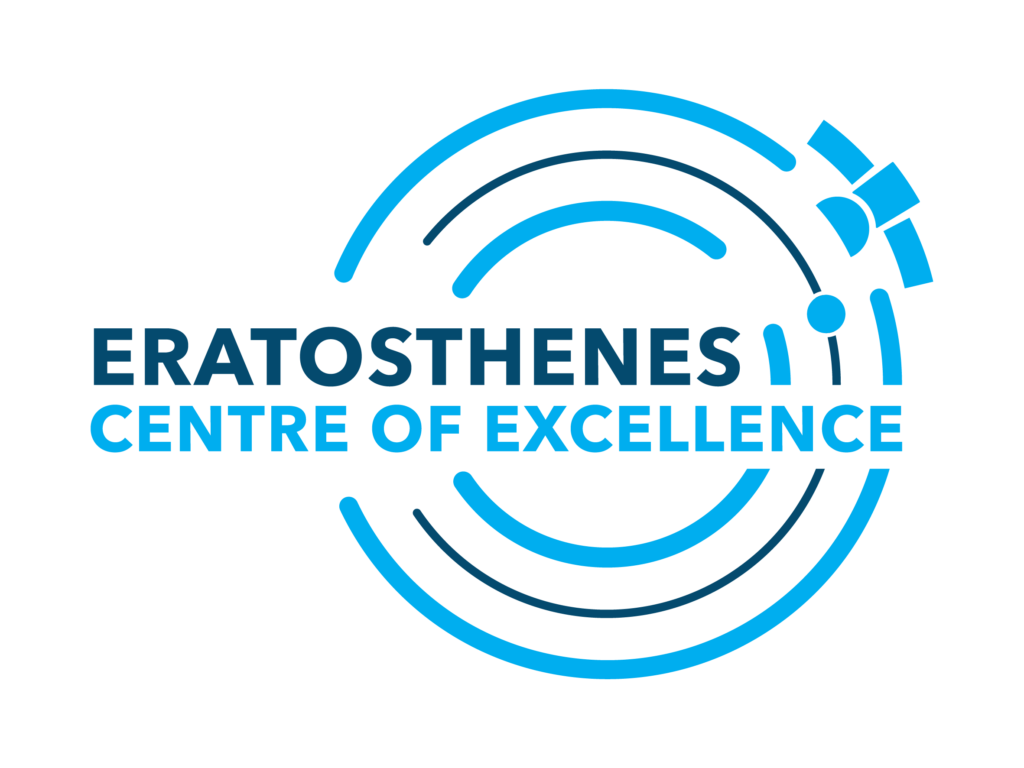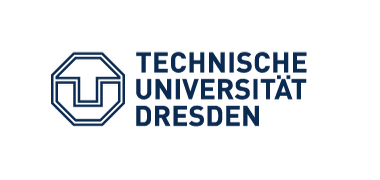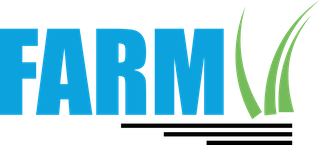The AGREEMAR project is funded for a period of three years (1 June 2022 – 31 May 2025) and includes six work packages. This page provides information about the specific objectives of each work package, the responsible lead partner, as well as a list of deliverables resulted from each work package.
Work package 1. Fostering stakeholders’ engagement (Jun 2022 – May 2025)
Work package 2. MAR feasibility mapping (Jun 2022 – Aug 2023))
Work package 3. Adaptive governance framework (Jun 2022 – Jun 2024)
Work package 4. Validation through numerical modelling (Jan 2023 – Nov 2024)
Work package 5. Agreements implementation at local scale (Mar 2024 – May 2025)
Work package 6. Project management (Jun 2022 – May 2025)
Work package 1. Fostering stakeholders’ engagement
The needs, capacities, roles, responsibilities and commitment as well as engagement of stakeholders from four Mediterranean case studies will be mapped at national/regional/local level and analyzed for the development of the feasibility maps, the elaboration and endorsement of adaptive agreements, and their implementation for a local MAR system.
Lead partner:

Objectives
- Identify roles, responsibilities and the required commitments of stakeholders in MAR systems for the preparation of the MAR agreements
- Increase the awareness of stakeholders and local/regional decision makers and the acceptance of the public about MAR and to further develop their capacities
- Develop and follow a participatory approach in order to stimulate the involvement of relevant stakeholders from the early project stages of design up to the implementation generating ownership for the project outcomes
Deliverables
- D1.1a Preliminary analysis of project-relevant stakeholders (adelphi)
31.08.2022 - D1.1 First Dissemination and Communication Strategy and Plan – DCSP (adelphi)
- D1.2 Awareness and outreach campaign (TUD)
- D1.3 Final DCSP (adelphi)
Work package 2. MAR feasibility mapping
A set of methodologies for MAR feasibility assessment at regional level will be developed, including a comprehensive matrix of feasibility criteria and considering biophysical, technological, social, economic, environmental, hydrological, institutional, and financial indicators.
Lead partner:

Objectives
- Develop and validate a participative methodology for the delineation of areas that are potentially feasible for the application of MAR
- Reliable, high-resolution maps of the different criteria will be combined through robust decision- making processes to map the suitability and feasibility of selected MAR techniques in all case study areas
Deliverables
- D2.1 Matrix of all MAR-relevant suitability indicators based on literature surveys and on consultations with stakeholders (ECoE)
- D2.2 Weighting system for the criteria sets based on requirements of each stakeholder cluster (ECoE)
- D2.3 Validated MAR feasibility maps (consisting of the three components: suitability, water demand, water availability) for each case study region (INAT))
Work package 3. Adaptive governance framework
The feasibility maps will be used for the elaboration of an adaptive governance framework for MAR benefits sharing. This will include drafting country-specific multi-sectorial, multi-stakeholder agreements on water allocation plans for MAR implementation. The general objective is to provide draft agreements for MAR among stakeholders from different societal sectors, integrating the general, regional and local scales.
Lead partner:

Objectives
- Incorporate indicators and operating rules in the agreements, which will facilitate decision making with integration of water quantity, quality, and environmental objectives for sustainability and climate change adaptation (CCA)
- Definition of a general draft governance framework for MAR, applicable to the Mediterranean region
- Identification of the specific requirements for setting up regional draft agreements tailored to the four project case studies
Deliverables
- D3.1 Preliminary analysis of indicators, methodologies providing information for decision making support in the agreements (UPV)
- D3.2 General governance framework agreement (UPV)
- D3.3 Set of four Draft Agreements tailored to the four case studies (UPV)
Work package 4. Validation through numerical modelling
The governance scenarios will be supported at local scale by groundwater flow models that will help to understand the response of the aquifer to the proposed interventions and to discuss with stakeholders’ alternative scenarios including the no-action impacts.
Lead partner:

Objectives
- Validate the suitability of selected areas for implementation of MAR schemes using a participative, web-based modelling approach
- Assess the impact of MAR on the local water budget as a scientific basis for the negotiation of MAR agreements
Deliverables
- D4.1 Analytical and numerical models representing different MAR scenarios at selected sites (TUD)
- D4.2 Technical case study briefs on the specification of selected MAR infrastructure by implementation sites (LNEC)
Work package 5. Agreements implementation at local scale
A general costs-benefits analysis for areas selected for implementation will assess the economic impact of the MAR schemes. The governance framework will be refined based on groundwater flow simulations and economic valuation, and specific agreements will be negotiated with local stakeholders.
Lead partner:

Objectives
- Conclude fitting MAR agreements and reinforce their mandate within the local communities for specific MAR systems
- Establish follow-up committees for the respective agreements to ensure the sustainability of the just and efficient benefit sharing
Deliverables
- D5.1 Locally adapted agreements (adelphi)
- D5.2 Capacity development workshops and training courses fostering solution upscaling, market applicability, improved governance and gender equity with agreements (adelphi)
- D5.3 Toolbox with policy briefs and guidelines for follow-up committees (UPV)
Work package 6. Project management
The project will be managed and coordinated by TUD together with the Principal Investigators (PI) from each partner institution and with direct collaboration with the WP leaders to ensure the successful implementation and the completion of milestones and deliverables.
Lead partner:

Objectives
- Fulfil the grant agreement with the funding agencies
- Ensure best possible project performance, including internal and external communication
- Successfully steer the consortium in compliance with the consortium agreement
Deliverables
- D6.1 Project website (TUD)
31.08.2022 - D6.2 Detailed project action plan (TUD)
- D6.3 Updated data management plan (TUD)
- D6.4a Minutes of kick-off meeting (TUD)
30.09.2022 - D6.4b Minutes of interim meeting (TUD)
02.11.2023 - D6.4c Minutes of final meeting (TUD)
